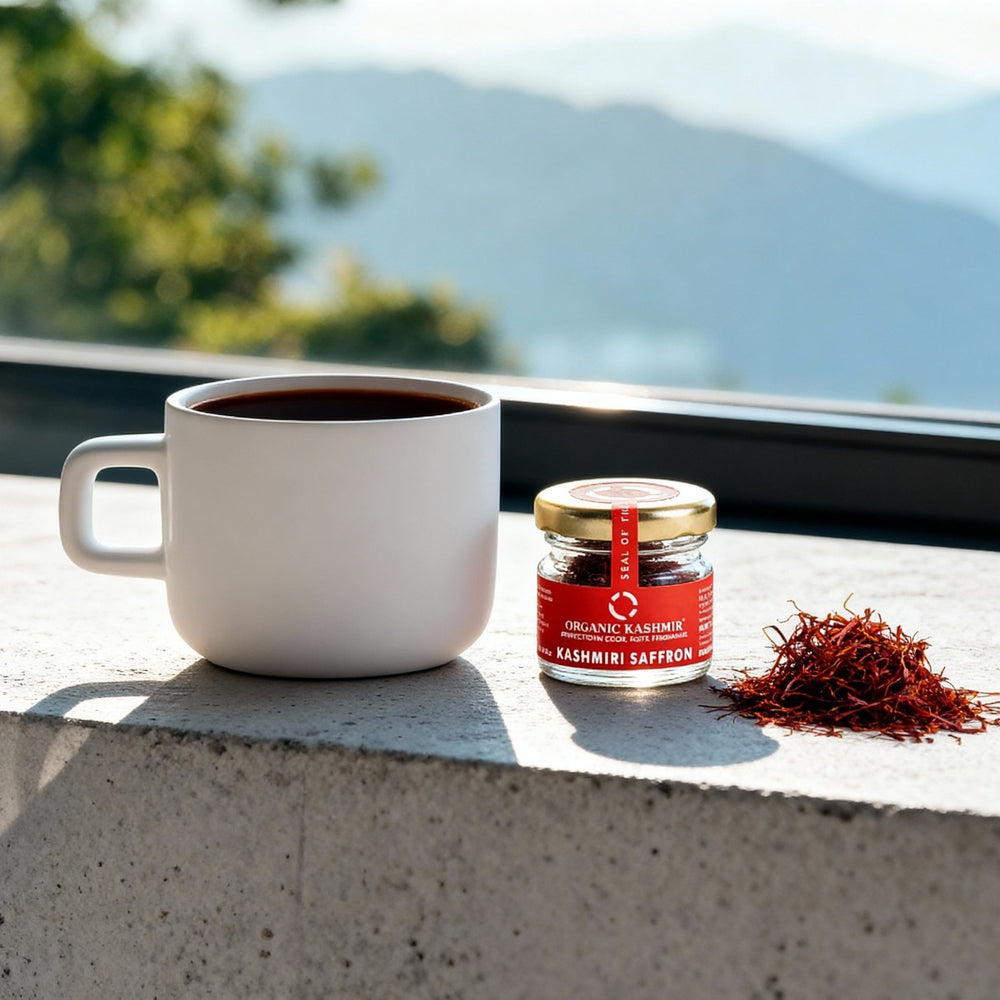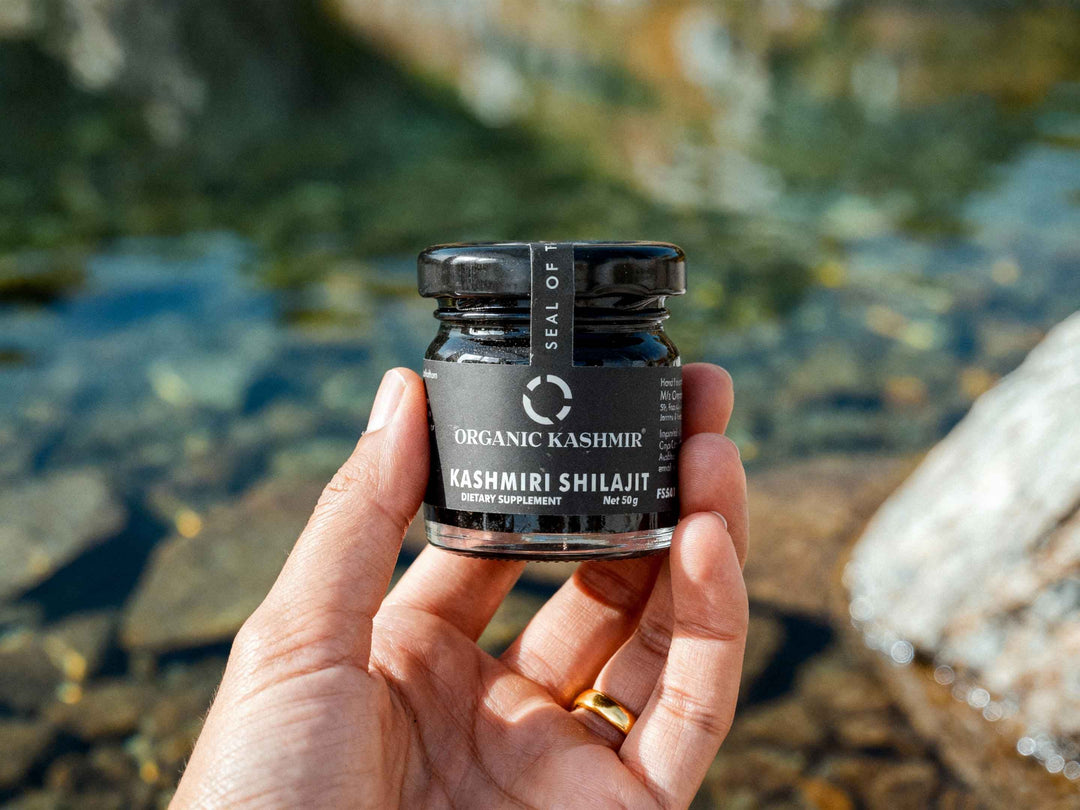Shankhpushpi: Your Brain's Best Friend

Scientific name: Convolvulus pluricaulis
Family name: Convolvulaceae family
Introduction
In today's bustling world, the demands on our mental faculties are greater now than they ever have been. From managing hectic schedules to tackling complex problems, our cognitive abilities are constantly put to the test. In the quest for improved mental agility and focus, people often turn to natural remedies. One such remedy that has garnered attention for its potential cognitive benefits is Shankhpushpi. In this blog, we will delve into the fascinating world of Shankhpushpi, exploring its history, properties, uses, and potential benefits for brain health.
The Mystique of Shankhpushpi
It is a delicate, creeping herb found in India and other parts of Southeast Asia. It is often referred to as "the brain booster" due to its traditional use in Ayurvedic medicine for enhancing cognitive function. The name "Shankhpushpi" is derived from the Sanskrit words "Shankh"(conch) and "Pushpi"(flower), which allude to its unique conch-shaped blossoms.
Also known as the "herb of the morning glory," it is cherished for its ability to improve memory, concentration, and overall mental well-being. Known for its calming and brain-nourishing properties, Ayurvedic practitioners often recommend Shankhpushpi for the management of various mental ailments, including anxiety, stress, and insomnia. It can be a natural ally in the pursuit of academic success for students.
Nutritional Profile
The magical herb Shankhpushpi contains a wide range of active components, including alkaloids such as shankhapushpine, convolvuline, convolidine, convolvine, convolamine, convoline, confoline, and convozine. Additionally, it includes volatile oils, fatty acids, fatty alcohols, hydrocarbons, palmitic acids, linoleic acids, myristic acids, flavonoids, steroids-phytosterols, D-glucose, maltose, sucrose, starch, rhamnose, and other carbohydrates, proteins, and amino acids. These compounds are believed to work synergistically to promote brain health and cognitive function.
Other Names
Potential Benefits
- Enhanced Cognitive Function: Shankhpushpi is believed to enhance cognitive function by improving memory, concentration, and learning capacity. It is thought to achieve this by enhancing blood circulation to the brain and reducing oxidative stress.
- Stress and Anxiety Reduction: This herb has a calming effect on the nervous system, making it useful for managing stress and anxiety. It is often used to promote a sense of relaxation and mental tranquility.
- Improved Sleep: Shankhpushpi is known for its potential to improve sleep quality. It can help individuals suffering from insomnia or irregular sleep patterns to achieve restful and rejuvenating sleep.
- Antioxidant Properties: The presence of flavonoids and other antioxidants in Shankhpushpi may protect brain cells from oxidative damage, potentially slowing down age-related cognitive decline.
- Anti-Inflammatory Effects: Some studies suggest that Shankhpushpi possess anti-inflammatory properties, which can be beneficial for overall brain health.
- Nervous System Support: Shankhpushpi is thought to strengthen and support the nervous system, which can be especially beneficial for individuals dealing with nervous disorders or neurological conditions.
- Liver Health: Shankhpushpi supports the liver's detoxification processes, potentially benefiting individuals with liver disorders.
- Diuretic Effects: Mild diuretic properties can aid in reducing fluid retention and maintaining proper kidney function.
Ayurvedic constituents
- Rasa (Taste): Tikta Rasa (bitter taste).
- Virya (Potency): Sheet Virya (cold potency).
- Vipaka (Post-Digestive Effect): Madhura Vipaka (sweet taste in the mouth).
- Guna (Quality): Snigdha (unctuous) and Guru (heavy) qualities.
- Dosha Influence: Balances Pitta doshas and Kapha.
Traditional benefits
- Unmada-Apsamarhara: Useful in psychiatric disorders.
- Hrudya: Heart tonic.
- Vishahara: Natural detoxification.
- Swarya: Improves voice.
- Vrushya: Aphrodisiac.
- Rasayana: Anti-aging.
- Balada: Improves strength.
- Smrutiprada: Improves memory.
- Krimi-Hara: Useful in worm infestation.
- Anidra: Useful for insomnia.
- Kustha-Hara: Useful in skin diseases.
- Chardi-Hara: Prevents vomiting.
- Kasajit: Cold and cough relieving.
- Sara: Useful in constipation.
- Kantiprada: Improves skin complexion.
- Agniprada: Optimises digestion power.
Ayurvedic Uses and Benefits of Shankhpushpi
- Reproductive Health: Shankhpushpi is often used to regulate menstrual cycles, in management of symptoms of menopause, and to support fertility in both men and women.
- Digestive Health: Shankhpushpi's sweet and cooling properties make it effective in soothing digestive discomforts such as acidity and ulcers.
- Immune Support: It is believed to strengthen the immune system, making the body more resilient to infections and illnesses.
- Anti-Aging: Due to its rejuvenating properties, Shankhpushpi is often used as an anti-aging herb, promoting youthful vitality and longevity.
- Brain Tonic: Ayurveda considers Shankhpushpi as a "medhya rasayana," which means, as a brain tonic. Regular consumption is believed to nourish the brain, improve mental clarity, and support overall brain health.
- General Well-being: Ayurveda considers Shankhpushpi as a herb that promotes overall well-being. Its adaptogenic properties help the body adapt to stressors, both physical and mental.
How to use
- Powder with Milk: Taking 1/2-1 tsp of Shankhpushpi powder with lukewarm milk in the morning, improves memory and concentration. Also, making a paste out of it and using this remedy 2-3 times a week helps get rid of dry and dull skin.
- Powder with honey: Take 1/2-1 tsp Shankhpushpi powder. Add honey and apply to face and neck. Wait for at least 20-30 minutes. Wash it with cool plain water for preventing wrinkles and to increase the moisture content of skin.
- Decoction: Take 1/2-1 tsp of Shankhpushpi powder. Boil it in 2-4 cups of water till the amount reduces to 1 cup. Filter the liquid and clean the affected area once or twice a day for quick wound healing.
- Oil: Take few drops of Shankhpushpi oil. Massage it evenly on the scalp and hair. Use this remedy regularly or whenever you feel stressed and anxious.
- Capsules: Take 1-2 capsules a day after lunch or dinner with warm milk or water for mental diseases.
- Juice: Take 2-3 tsp of Shankhpushpi juice. Dilute it with one glass of water. Take this twice a daily. This helps in management of seizures and epilepsy.
- Tea or Infusion: Prepare a soothing Shankhpushpi tea by infusing dried Shankhpushpi flowers or leaves in hot water. Add honey or a sweetener of your choice for taste. This can be used in daily routine for improving memory and attention.
Precautions
Do not exceed the recommended dosage unless otherwise advised by a healthcare professional. Caution should especially be practiced in underlying health situations like heart disease, during pregnancy and for breastfeeding mothers.
Results may vary from person to person. The effectiveness of Shankhpushpi can depend on individual factors such as lifestyle, diet, genetics, and overall health.
Conclusion
Shankhpushpi is a captivating herb with a rich history and promising potential for enhancing brain health and cognitive function. While its benefits are intriguing, it becomes essential to approach its use with caution and under expert guidance. As we continue to explore the vast world of natural remedies, Shankhpushpi stands as a symbol of the wisdom passed down through generations, offering us a glimpse into the intricate relationship between nature and human well-being.
Regional variations in plant names can cause confusion since different plants like Clitoria ternatea, Evolvulus alsinoides, Canscora diffusa, etc., may have distinct properties and traditional uses, highlighting the importance of using consistent, scientifically recognised botanical names.
When purchasing herbal products, ensure that you are obtaining them from reputable sources that provide accurate botanical identification and product descriptions.
REFERENCES:
- Agarwal P, Sharma B, Fatima A,et.al.An update on Ayurvedic herb Convolvulus pluricaulis Choisy.Asian Pac J Trop Biomed. 2014;4(3): 245–252
- Balkrishna A.Secrets of Indian herbs. Divya Prakashan.2008.
- https://www.1mg.com/ayurveda/shankhpushpi/
- https://www.easyayurveda.com/2014/01/14/shankhapushpi-convolvulus-pluricaulis-benefits-dose-side-effects/
- https://chat.openai.com/
Published By Rasayana Limited. All Rights Reserved. No part of this publication may be reproduced or transmitted in any form or by any means, electronic or mechanical, including photocopying, recording, or any information storage and retrieval system, without permission in writing from the publisher.
Photography by: Hal Gatewood







